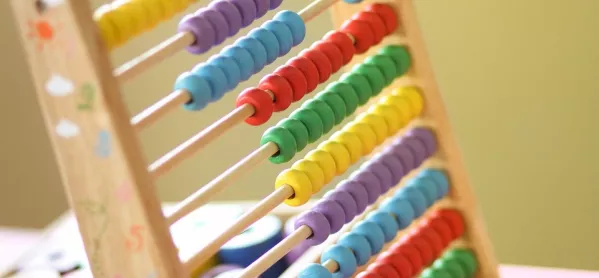Giving primary pupils strategies to support their working memory, and practising these strategies using online games, can boost their maths results by three months, new research has found.
The research, published today by the Education Endowment Foundation, examines the results of Year 3 pupils who took part in a programme designed to improve their maths skills.
Research crisis: Exclusive: Education research’s ‘terrifying existential crisis’
Profile: Meet the educational research chief who is in awe of schools
Quick read: £10m fund to research world’s best teaching methods
Pupils from 127 primaries, all of whom were struggling with maths, took part in the trial of Improving Working Memory, a programme designed by academics at the University of Oxford.
The programme builds on evidence from cognitive science, which suggests that children who struggle with maths may be suffering from poor working memory.
Working memory is the ability to hold and manipulate information in your mind while using it to finish a task. It is working memory that allows you to hold several numbers in your head, in order to complete a mental-arithmetic task.
Over the course of a term, pupils participating in the study were given 10 one-hour sessions, delivered outside the classroom. During these sessions, teaching assistants taught them different strategies to help them retain information in their working memory. These included repeating the items that they needed to remember.
The pupils practised using these strategies through games, played with the teaching assistants during the sessions, and also through online games, which they played independently. In one computer game, pupils had to count animals, while ignoring gremlins.
At the end of each round, pupils had to recall the numbers of different animals - for example, ducks or monkeys - that they had counted.
The research trial also tested a variant on this programme, where pupils were given the same intervention, but with only five, rather than 10, sessions focusing on working memory. The remaining five sessions focused on arithmetic content.
Researchers found that pupils who received either version of the intervention made an average of three additional months’ progress in maths, compared with similar pupils who were not offered the intervention.
The study also found that strengthening working memory had a positive effect on pupils’ attention and behaviour in class.
The researchers concluded that, when deployed to deliver specific interventions, teaching assistants can help pupils to improve by as much as an extra term.
Sir Kevan Collins, chief executive of the Education Endowment Foundation, said: “Many pupils struggle with maths anxiety from a young age, which can hold back their learning. Often, this is linked to their working memory, and how well they can do sums in their head.
“Those who fall behind usually struggle to catch up with their classmates later in school, so it’s important that schools and teachers have access to evidence-based programmes and resources, to support those children falling behind.”





